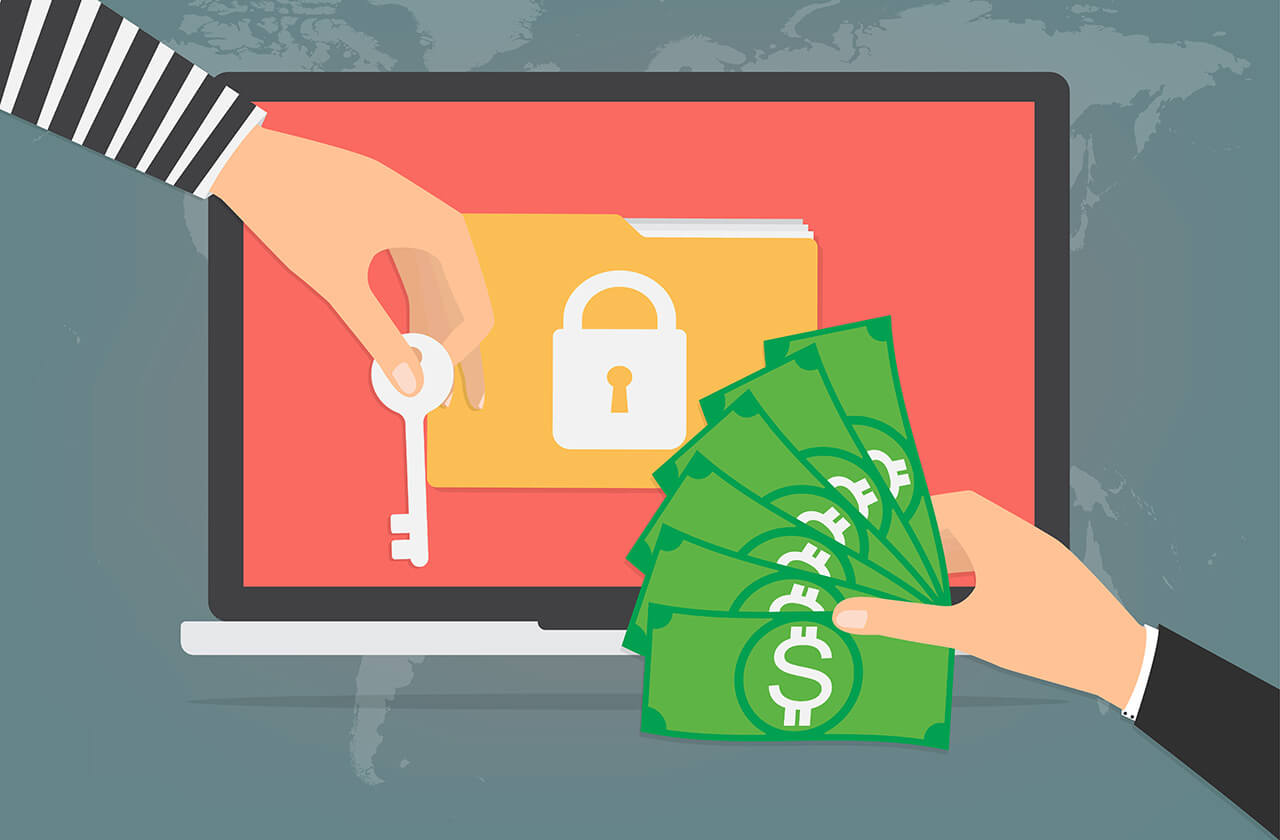04 Jul Five Steps to Strengthen your Ransomware Defence.
When you hear the word Ransomware, you may think of hackers that have locked down your files, folders, and emails with a demand of payments to regain access. There have been countless examples of this type of attack over the years, with various levels of breaches, and mixed results upon ransom payment. If you have been the victim of ransomware, you may have lost photos, documents, or other important files. What are the five main steps to reduce your risk of a Ransomware attack? Have a good Anti-Virus/Anti Malware programs running on your PC...





